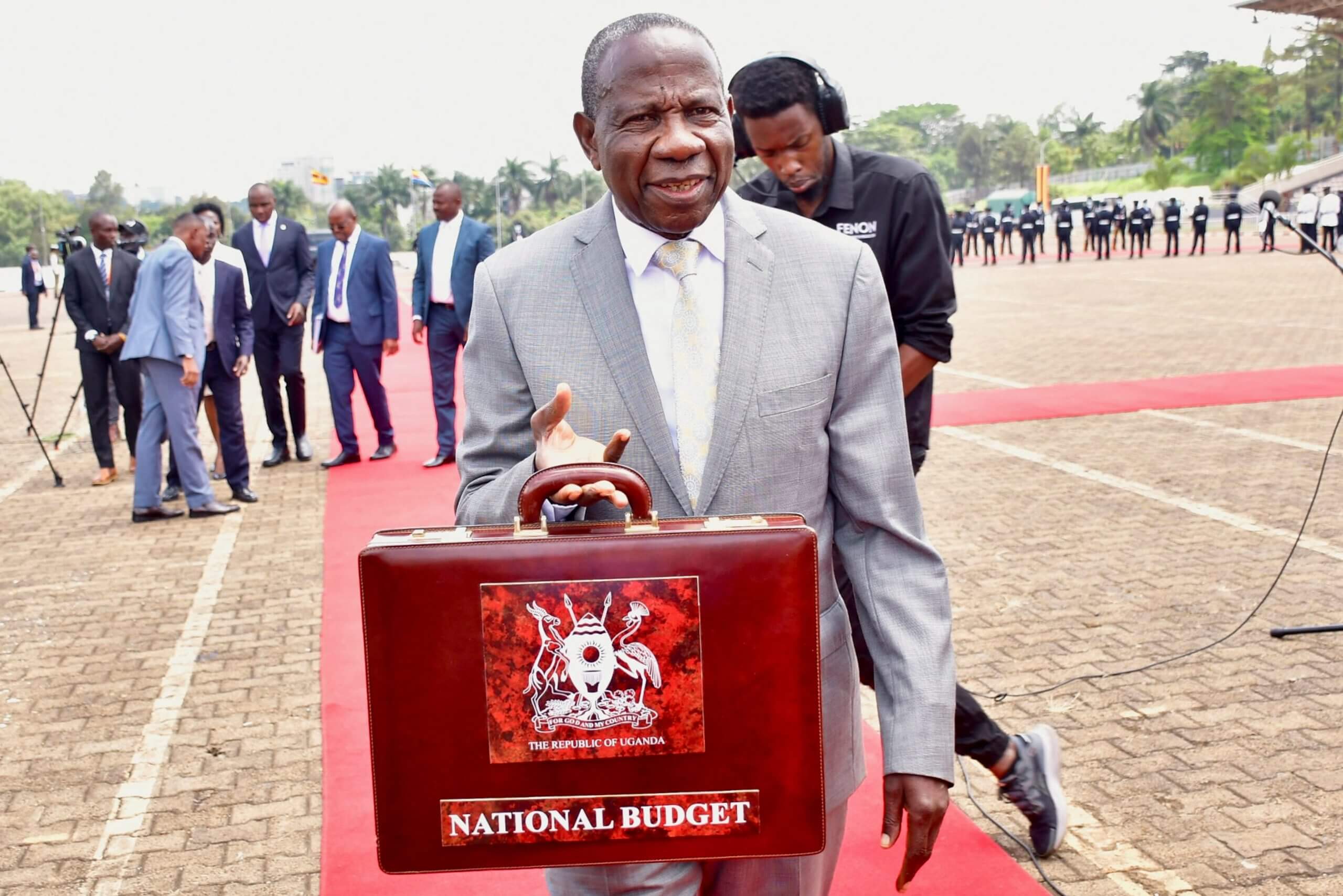The budget reactions you didn’t see coming
Ronald Kayizi a boda boda rider stated that, “The President should budget for happiness because we lost it long ago.”

When Uganda’s Shs 72.1 trillion national budget for the 2025/26 financial year was unveiled, the message from government was clear: economic recovery, infrastructure development, and social service delivery remain top priorities.
But as the Minister for Finance stood in Kololo reading figures and promises in the budget, Ugandans outside the chamber were doing their own calculations.
From taxi parks to clinics, markets to campuses, many ordinary citizens didn’t wait for the full analysis from experts. They already knew how the budget would or wouldn’t touch their lives.
We spoke to six Ugandans from different walks of life about their thoughts on the national budget. Their responses, at times emotional and blunt, paint a revealing picture of the public mood.
Ronald Kayizi a boda boda rider stated that, “The President should budget for happiness because we lost it long ago.”
Kayizi, 29, has been riding his motorcycle in Nansana for the past seven years. Each time a new budget is read, he listens only for one thing: the price of fuel.
“They say more money to roads, transport, fuel reserves. But my petrol is still at 4,600 per litre. If the budget can’t lower that, what else should I expect from it?” he asks.
As for Florence Nankinga a Market Vendor in Owino, “They budget in Kampala, but we survive in the trenches.”
A single mother of four, Nankinga has sold secondhand clothes for 13 years. The budget’s mention of boosting local trade and lowering taxes for SMEs sounded promising, but she’s heard it all before.
“I can’t eat words. They say they reduced taxes, but rent is up, URA is still on our backs, and business is slow. Until they come here and sit with us, their budget is just paper.”
John Paul a Graduate from Makerere University, highlighted that, “Every year they add billions to youth funds. Show me one person who got it.”
Despite graduating top of his class in social sciences, John Paul has been unemployed for over a year. When he heard that billions had been allocated to youth skilling and innovation, he laughed bitterly.
“Those funds are not for people like me. They go to relatives of officials or people who know someone. We don’t lack ideas, we lack access.”
Sarah Nabuule (not her real names) a Nurse from Kirudu Hospital, said “The health budget went up. Good. But we’re still short on gloves and beds.”
Nabuule has worked in public health for a decade. She acknowledges the increased funding for the health sector but questions how it’s used.
“If that money is real, then our wards should be improving. But we still improvise with medicine, our machines are down, and patient care is suffering. It’s not just about allocating, it’s about delivering.”
Mr. Mugisha Imran a secondary teacher within the suburbs of Kampala, noted that “Education should be the heart of any budget. Ours is on life support.” Mugisha has seen budgets come and go. What never changes, he says, is the meager pay and lack of materials.
“I earn just enough to reach the end of the month. Students sit on the floor and write on broken desks. Until we fix that, we’re not serious about development.”
“We don’t understand the budget, but we feel it in the market.” Says Mayanja Alex another vendor from Nakasero market.
Mayanja doesn’t follow politics, but he’s in charge of his family’s meals. That’s why he notices when prices change especially food and utilities which are in his circles.
“Today matooke is up, tomorrow it’s cooking oil. If the budget really helps people, then why does everything get more expensive?” he asks while haggling for tomatoes.
Expert Insight: Dr. Julius Lwanga, Economist
Dr. Lwanga says the disconnect between policy and people stems from how the budget is communicated and implemented.
“Budgets are tools not miracles. What matters is not the figure announced, but the absorption capacity of ministries and local governments. Until Ugandans see results in health, schools, transport, or food prices they will remain skeptical,” he said.
He adds that for the budget to regain public trust, accountability and transparency must be enforced, and public engagement should go beyond speeches.
As Uganda embarks on another financial year, the numbers may inspire optimism at the top. But on the ground, real change is measured not in trillions but in tangible, daily impact.







